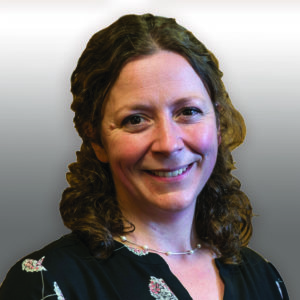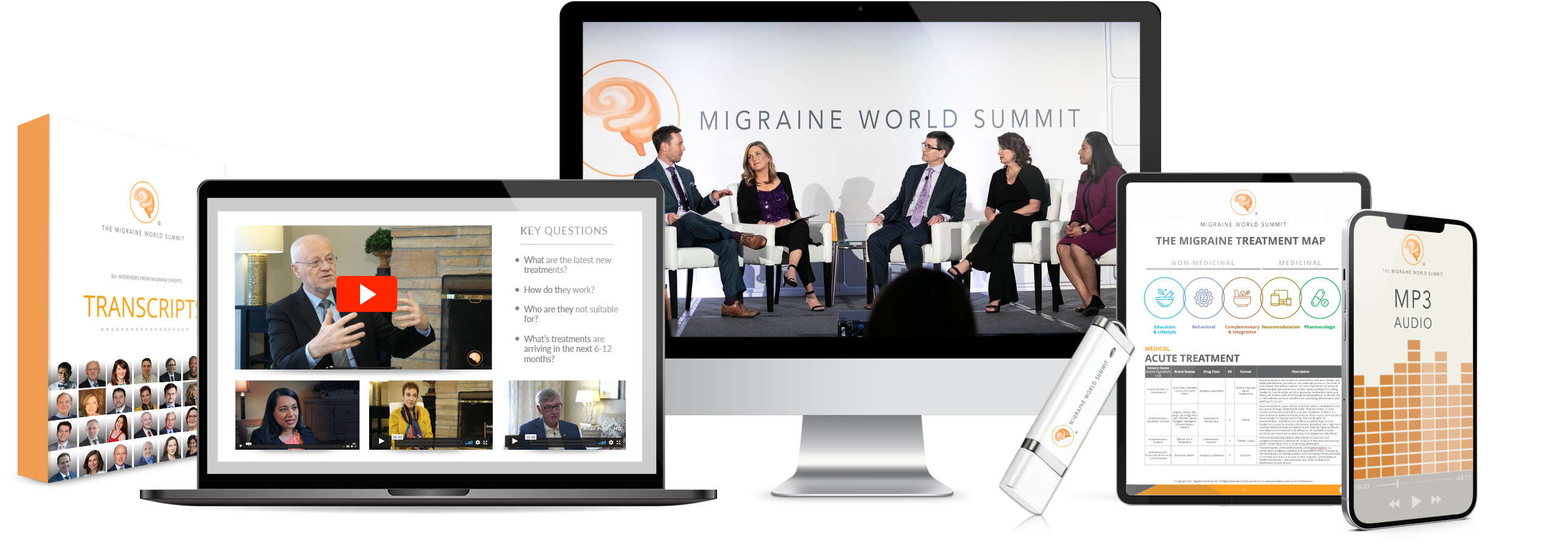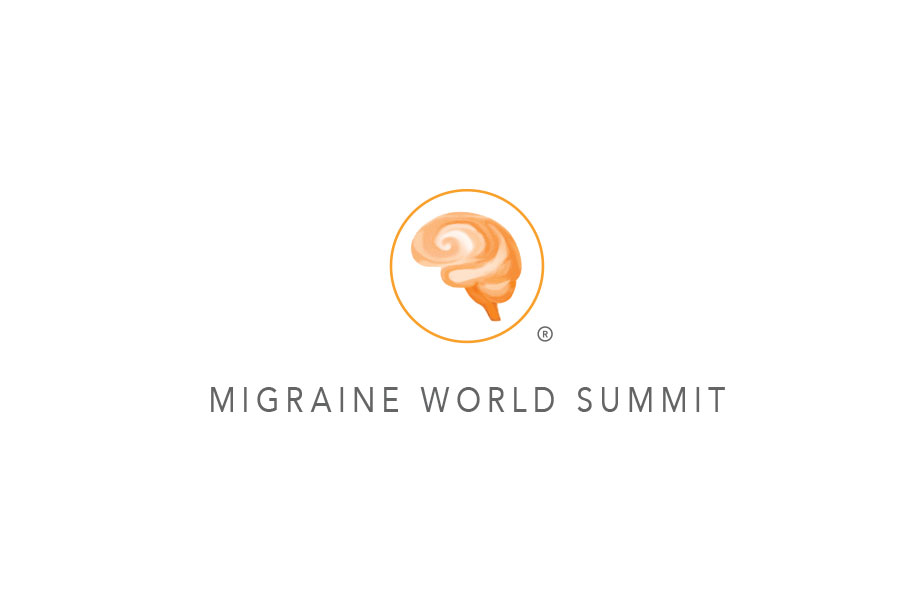The Role of Self Management
You are currently watching a preview of this interview. Unlock the full version by upgrading to an Access Pass bundle! Get FREE access to 8 expert interviews from Day 1 and Day 2 when you register today!
Key Questions
- If we are seeing the doctor and listening to them, shouldn’t that be enough to find relief from migraine?
- What exactly is self-management? Does it mean you stop seeing the doctor?
- Is there always a role for self-management in our own health?
- Why can’t we just take the pill or treatment and be done with it?
- What are our responsibilities as a patient?
- What impact does self-management have on the migraine condition?
- What are some of the more important principles of self-management for migraine?
- What role does sleep play in migraine management?
- Why isn’t there more evidence to support complementary approaches?
- Is a headache diary helpful?
- Why don’t more doctors talk about these complementary approaches?
- Why isn’t there more evidence to support these options?
- Sometimes I feel like I am well-managed, but then I get into a bad phase and nothing seems to help. Why does the disease seem to fluctuate at times (all triggers being equal)?
- Is it common for migraine to go between episodic and chronic with month to month differences?
- What is NDPH? Are the guidelines for migraine treatment and management appropriate for NDPH?
- When with headache 24/7 and pushing every day what can we do to support the fatigue of constant pushing?
- I have had a migraine (or multiple migraines) that have lasted about 60 days so far, do you have any advice on helping stop this cycle?
- What can help when we can barely tolerate light and noise, and our usual medications haven’t worked?
- And more audience questions
The Migraine World Summit will be running a live expert webinar EVERY DAY during the June Replay of the 2020 Migraine World Summit, June 10 – 19
Webinar Access
Live attendance for each webinar will be available exclusively for those who purchased an All Access, VIP, or Box Set Pass for the 2020 Migraine World Summit. This is a special opportunity for customers to connect with a different expert each day, engage in live Q&A, and interact with other participants and Summit hosts.
If you didn’t buy an Access Pass, don’t worry! The recording of each webinar will be shared with the entire Migraine World Summit community on this page shortly after the live event takes place, allowing everyone to take advantage of the important information presented during that day’s webinar.
This is our way to recognize those who have supported the 2020 Migraine World Summit financially while making sure our entire community has access to critical information about the changes taking place in the migraine community and beyond.
Webinar Lineup
Each day during the Replay period, the live webinar will take place at 5:00 pm Eastern Time (New York).
Here’s the lineup for the webinar topics:
- 5:00 pm (ET) June 10 – Mental Health & Building Resilience
- 5:00 pm (ET) June 11 – Understanding Causes
- 5:00 pm (ET) June 12 – COVID-19 Considerations for Migraine Patients
- 5:00 pm (ET) June 13 – Understanding Symptoms
- 5:00 pm (ET) June 14 – Understanding Triggers
- 5:00 pm (ET) June 15 – Non-Drug Options
- 5:00 pm (ET) June 16 – New Treatments
- 5:00 pm (ET) June 17 – Telemedicine
- 5:00 pm (ET) June 18 – Finding Calm in a Crisis
- 5:00 pm (ET) June 19 – The Role of Self Management
Don’t miss out! Get your access pass here to attend the live expert webinars.

Amy Gelfand, MD
Director of Pediatric Headache Program and Pediatric Headache Specialist
University of California, San Francisco
Dr. Amy Gelfand is a board-certified child neurologist and director of Pediatric Headache at UC San Francisco. She specializes in diagnosing and treating children who suffer from a variety of headache disorders, as well as children with childhood periodic syndromes, such as abdominal migraine, that may be precursors to migraine headache later in life. Her research focuses on the epidemiology and treatment of pediatric migraine and childhood periodic syndromes.
Dr. Gelfand received her medical degree from Harvard Medical School. Subsequently, she completed a residency in pediatrics and residency in child neurology at UCSF, then subspecialty fellowship training in pediatric headache at UCSF. Dr. Gelfand is a Fellow of the American Headache Society and a member of the International Headache Society and the American Academy of Neurology.

Purchase full access to the entire 2024 Summit to unlock:
- All expert interviews with separate audio (MP3) files & transcripts
- 30 extended, uncut interview editions with hours more expert footage
- Lifetime on-demand access with no annual fee to 2024 Summit
- Interview Summaries
- Treatment Directory & Guidelines
- And much more!




